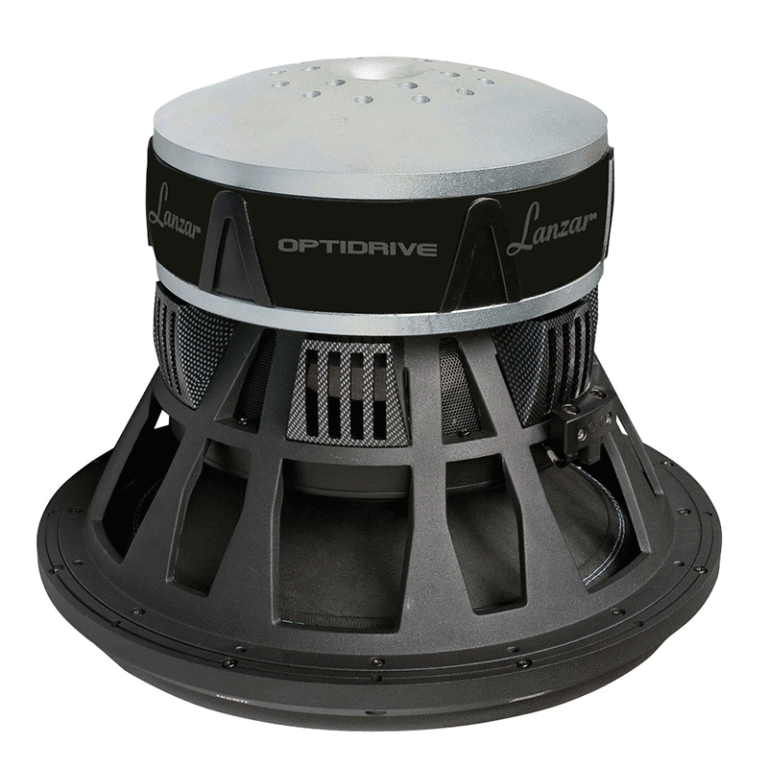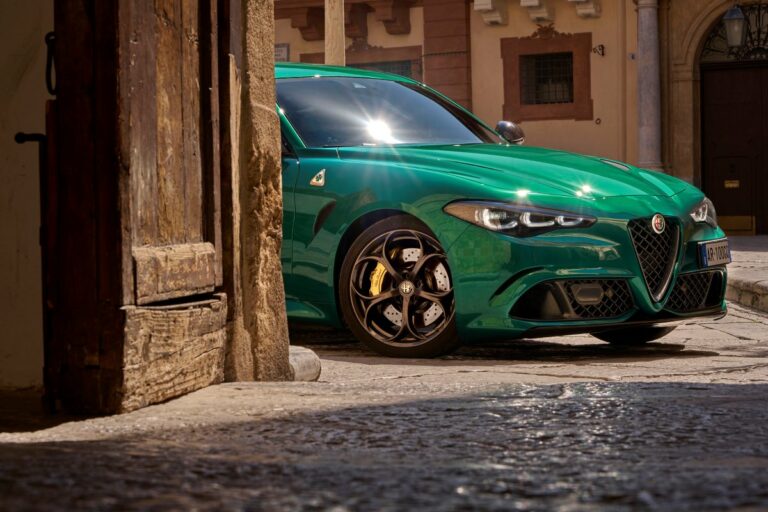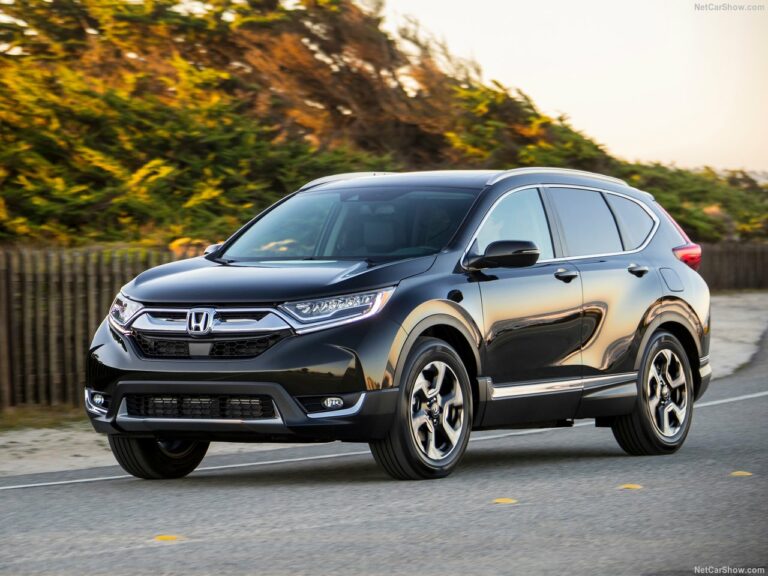Luxury Car Brands Ranked: A Comprehensive Guide to Automotive Excellence
Luxury Car Brands Ranked: A Comprehensive Guide to Automotive Excellence cars.truckstrend.com
The world of luxury automobiles is a captivating realm where engineering prowess meets unparalleled artistry. More than just a means of transportation, luxury cars represent a confluence of status, performance, cutting-edge technology, and exquisite craftsmanship. They are statements of personal success, refined taste, and a demand for the very best. But with a myriad of prestigious marques vying for supremacy, how do we begin to rank them? This comprehensive guide delves into the intricate factors that define automotive luxury, offering insights into the leading brands and what sets them apart in a highly competitive landscape.
What Defines a Luxury Car? Beyond the Price Tag
Luxury Car Brands Ranked: A Comprehensive Guide to Automotive Excellence
While a high price is often the most obvious indicator, true luxury extends far beyond monetary value. It encompasses a holistic experience crafted from several core elements:
- Craftsmanship and Materials: This is the bedrock of luxury. Expect nothing less than the finest leathers, real wood veneers, genuine metal accents, and meticulous stitching. Every surface, every touchpoint, is designed to evoke a sense of quality and enduring beauty.
- Cutting-Edge Technology: Luxury vehicles are often pioneers in automotive innovation. This includes advanced infotainment systems, sophisticated driver-assistance features, intuitive controls, and seamless connectivity that anticipates the driver’s needs.
- Superior Performance and Driving Dynamics: Whether it’s a whisper-quiet, smooth ride designed for ultimate comfort or blistering acceleration paired with agile handling, luxury cars deliver a driving experience tailored to their purpose, often exceeding mainstream expectations.
- Exclusivity and Heritage: Many luxury brands boast a rich history, steeped in tradition and innovation. This heritage contributes to their mystique and appeal, while limited production runs or bespoke customization options enhance their exclusivity.
- Customer Experience: The luxury journey extends beyond the vehicle itself. Exceptional customer service, personalized attention, concierge services, and exclusive ownership benefits are integral to the luxury car experience.
- Brand Prestige and Image: The intangible aura surrounding a luxury brand – its reputation, recognition, and the lifestyle it represents – plays a significant role in its perceived value and desirability.
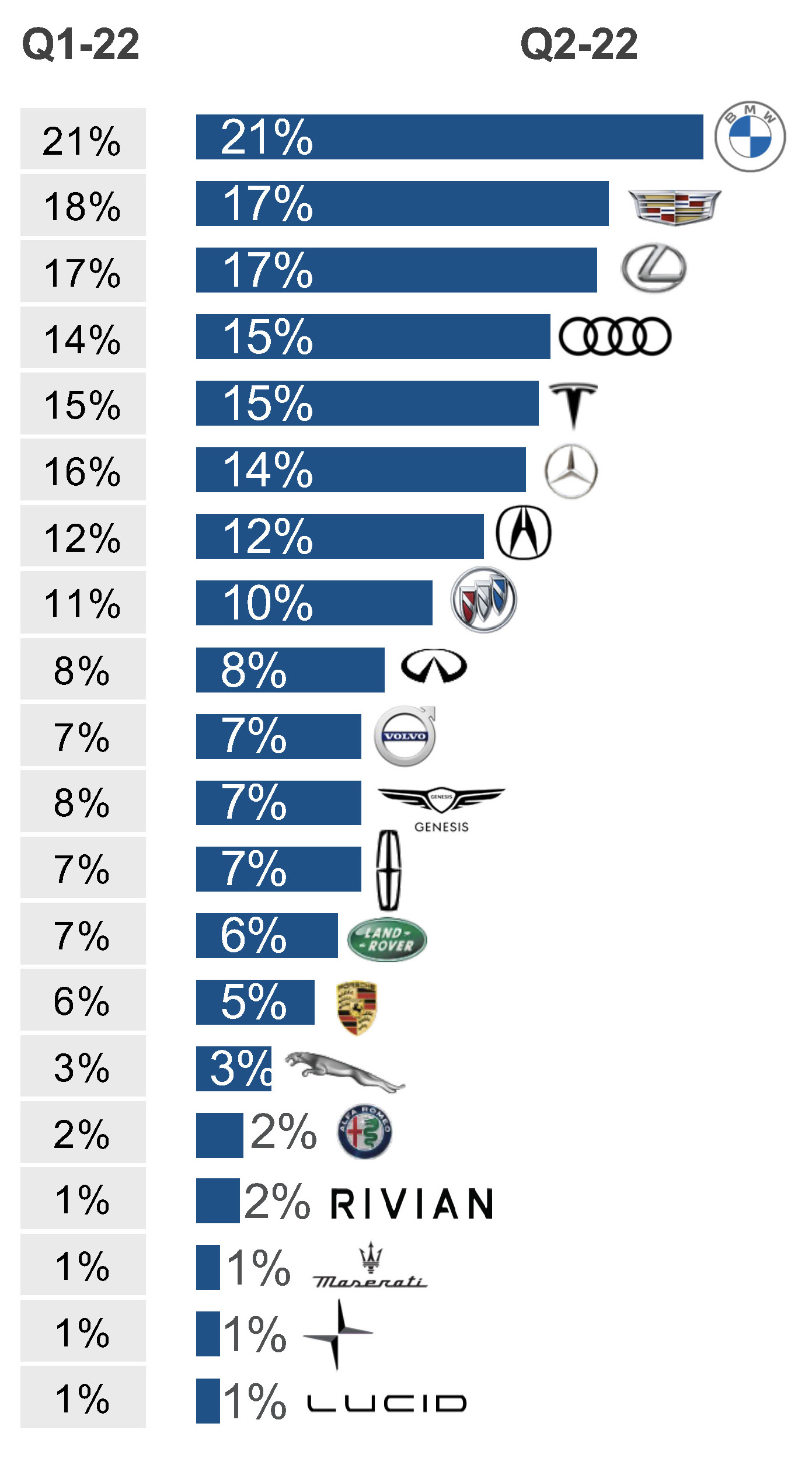
The Methodology Behind Ranking Luxury Brands
Ranking luxury car brands is inherently subjective, as individual preferences for performance, comfort, technology, or aesthetics vary widely. However, common criteria emerge when evaluating their standing in the market:
- Brand Prestige and Legacy: How long has the brand been synonymous with luxury? What is its global recognition and reputation for excellence?
- Innovation and Technology Integration: How consistently does the brand introduce groundbreaking features in safety, infotainment, and powertrain?
- Interior Quality and Comfort: The tactile experience, ergonomic design, sound insulation, and overall ambiance of the cabin.
- Driving Dynamics and Performance: The balance of power, handling, ride comfort, and the overall enjoyment behind the wheel.
- Reliability and Durability: While luxury often implies complexity, consistent performance and minimal issues are crucial for a premium experience.
- Resale Value: How well does the brand retain its value over time, indicating sustained demand and quality?
- Customer Service and Ownership Experience: The quality of dealership networks, maintenance programs, and post-purchase support.
- Design and Aesthetic Appeal: The visual impact, timelessness, and distinctiveness of the brand’s design language.

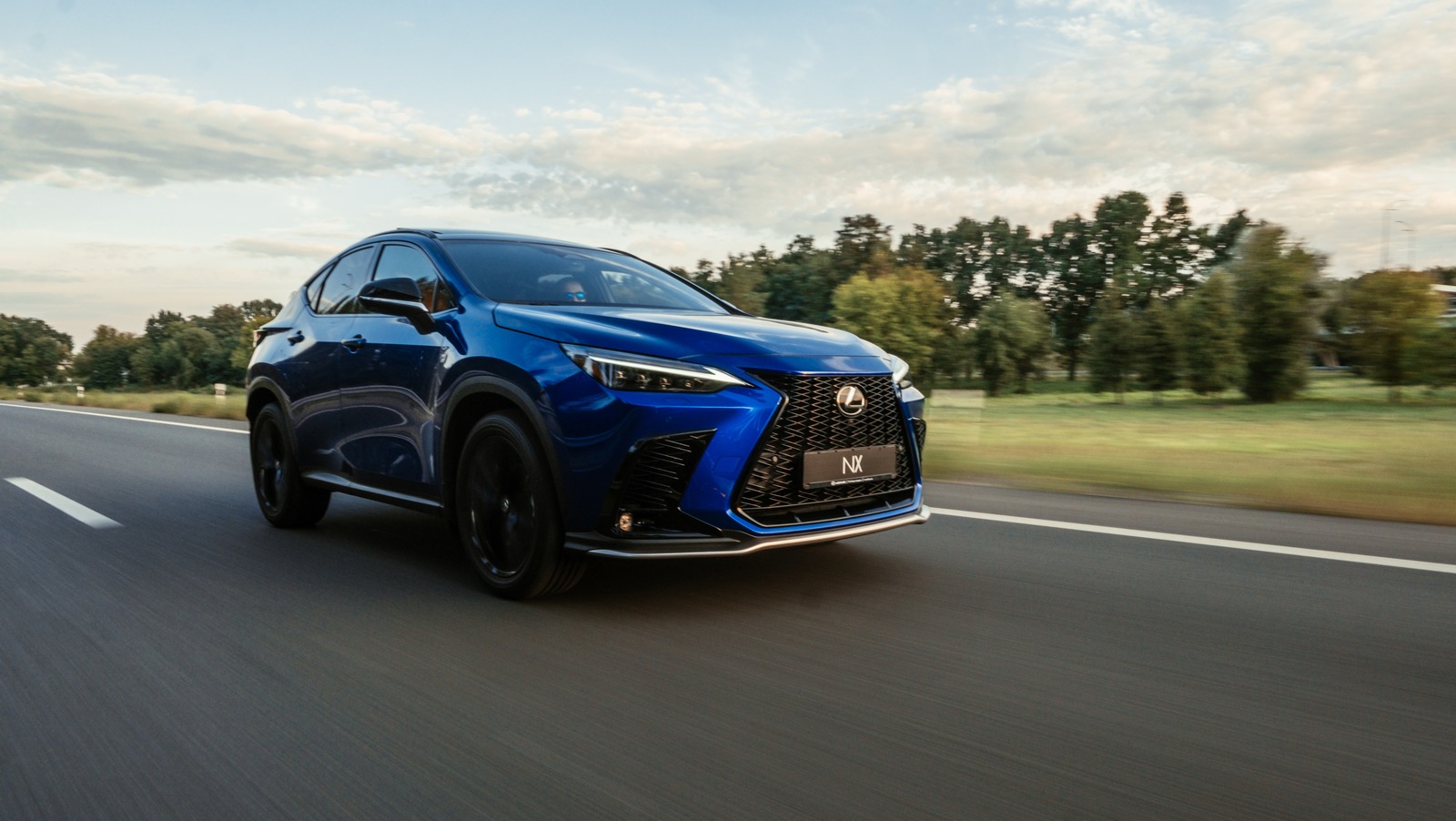
Based on these multifaceted criteria, certain brands consistently rise to the top, forming the elite echelon of the automotive world.
The Top Tier: Pinnacle of Automotive Luxury
While definitive numerical rankings are fluid and debated, the following brands consistently exemplify the zenith of luxury, each with its unique philosophy:
- Rolls-Royce: The undisputed monarch of ultra-luxury. Rolls-Royce vehicles are less cars and more bespoke, hand-crafted masterpieces. They prioritize unparalleled comfort, serenity, and an almost regal presence. Every detail is meticulously executed, often tailored to the owner’s precise specifications. Key Differentiator: Ultimate bespoke luxury, "waftability."
- Bentley: Blending opulent luxury with formidable performance, Bentley offers a sportier take on ultra-luxury. Known for its powerful W12 and V8 engines, exquisite interiors, and a distinct British charm, Bentley cars offer a dynamic driving experience without compromising on comfort or craftsmanship. Key Differentiator: Sporty luxury, powerful engines, British heritage.
- Mercedes-Benz (S-Class & Maybach): Mercedes-Benz, particularly its flagship S-Class and ultra-luxury Maybach sub-brand, sets benchmarks for technological innovation, sophisticated comfort, and timeless elegance. Their vehicles are packed with cutting-edge safety features, advanced driver aids, and sumptuous interiors, offering a refined and intelligent luxury experience. Key Differentiator: Technological leadership, serene comfort, sophisticated design.
- BMW: Renowned for its "Ultimate Driving Machine" philosophy, BMW seamlessly integrates engaging driving dynamics with premium luxury. While performance is often a highlight, modern BMWs (especially the 7 Series and X7) offer lavish interiors, advanced infotainment, and a comfortable ride, appealing to those who appreciate driving as much as being driven. Key Differentiator: Driver-focused luxury, strong performance, intuitive technology.
- Audi: Characterized by sleek, minimalist design, advanced Quattro all-wheel-drive systems, and a technology-forward approach, Audi delivers a sophisticated and refined luxury experience. Their interiors are a masterclass in ergonomics and digital integration, appealing to those who value understated elegance and cutting-edge features. Key Differentiator: Design purity, advanced technology, Quattro AWD.
- Porsche: While primarily known for its sports cars, Porsche’s luxury credentials are undeniable, particularly with models like the Panamera, Cayenne, and Taycan. They offer an unparalleled blend of exhilarating performance, meticulous engineering, and surprisingly luxurious and comfortable interiors, making them unique in the luxury segment. Key Differentiator: Performance-luxury synergy, exceptional engineering.
- Lexus: Toyota’s luxury arm, Lexus has built its reputation on unwavering reliability, refined comfort, and exceptional customer service. Their vehicles offer serene, well-appointed interiors, smooth powertrains (often hybrids), and a focus on long-term ownership satisfaction. Key Differentiator: Unmatched reliability, refined comfort, exemplary customer service.
- Range Rover (Land Rover): The epitome of luxury SUVs, Range Rover combines imposing presence and go-anywhere capability with sumptuously appointed interiors and sophisticated technology. They offer a commanding driving position, unparalleled comfort on and off-road, and a strong sense of prestige. Key Differentiator: Luxury SUV dominance, off-road capability, imposing presence.
- Genesis: Hyundai’s relatively new luxury brand, Genesis has rapidly ascended the ranks by offering compelling designs, a wealth of standard features, strong performance, and an attractive value proposition compared to established rivals. They represent a fresh, modern take on luxury. Key Differentiator: Strong value, modern design, comprehensive features.
- Cadillac: America’s historic luxury marque is undergoing a significant resurgence, particularly with its performance-oriented V-series models and technologically advanced EVs like the Lyriq and Celestiq. Cadillac aims to blend bold American design with cutting-edge technology and refined comfort. Key Differentiator: Distinct American luxury, bold design, evolving technology.
Emerging Trends and the Future of Luxury Cars
The luxury car market is constantly evolving, driven by technological advancements and shifting consumer preferences:
- Electrification: Electric Vehicles (EVs) are no longer a niche. Luxury brands are heavily investing in EV platforms, offering silent, powerful, and sustainable luxury options (e.g., Mercedes-EQ, BMW i, Porsche Taycan, Lucid Air, Rolls-Royce Spectre).
- Hyper-Personalization and Bespoke Services: Beyond standard options, clients increasingly demand unique customization, from interior materials to exterior paint, making each vehicle a personal statement.
- Autonomous Features: Advanced driver-assistance systems (ADAS) are becoming more sophisticated, moving towards hands-free driving in specific conditions, enhancing comfort and safety.
- Subscription Models and Mobility Services: Some brands are exploring alternative ownership models, offering flexibility and access to a range of vehicles without traditional purchase.
- Sustainability: Luxury consumers are increasingly aware of environmental impact, leading brands to explore sustainable materials, ethical sourcing, and carbon-neutral manufacturing processes.
Choosing Your Luxury Ride: Practical Advice
Selecting a luxury car is a significant decision that requires careful consideration:
- Define Your Priorities: Do you value performance, comfort, technology, prestige, or reliability most? Your answer will narrow down the options.
- Set a Realistic Budget: Beyond the purchase price, factor in insurance, maintenance, fuel/charging costs, and potential depreciation. Luxury cars generally have higher running costs.
- Consider New vs. Used: A used luxury car can offer significant savings, but be mindful of higher mileage, potential maintenance needs, and the expiration of warranties. A certified pre-owned (CPO) program from the manufacturer can offer peace of mind.
- Test Drive Extensively: Drive multiple models from different brands to truly experience their unique characteristics. Pay attention to ride quality, cabin noise, seat comfort, and user-friendliness of controls.
- Research Reliability and Ownership Costs: Consult independent reviews and owner forums for insights into real-world reliability and common maintenance issues for specific models.
- Think About Resale Value: Some luxury brands and models hold their value better than others. If this is a concern, research depreciation trends.
- Dealership Experience: A good relationship with a reputable luxury dealership can greatly enhance your ownership experience, especially regarding service and support.
Potential Challenges and Considerations
While owning a luxury car is a dream for many, it comes with its own set of challenges:
- High Cost of Ownership: Beyond the initial purchase, luxury vehicles often have higher insurance premiums, specialized maintenance requirements, and more expensive parts.
- Depreciation: While some models hold value well, many luxury cars depreciate significantly, especially in the first few years.
- Technological Complexity: The sheer amount of technology can sometimes lead to steep learning curves or, in rare cases, electronic glitches.
- Fuel/Charging Costs: Powerful engines or large battery packs can lead to higher running costs.
Luxury Car Brands: Price Range & Key Features
Please note: Prices are approximate starting MSRPs for a base model (e.g., sedan or entry-level SUV) in the US market and can vary significantly based on trim, options, region, and specific model year. These are provided for general comparison.
| Brand | Representative Model (Example) | Approximate Starting Price (USD) | Key Differentiating Factors | Target Audience |
|---|---|---|---|---|
| Rolls-Royce | Ghost, Cullinan | $350,000 – $400,000+ | Ultimate bespoke luxury, unparalleled comfort, "waftability" | Ultra-high-net-worth individuals, status seekers |
| Bentley | Continental GT, Bentayga | $200,000 – $250,000+ | Sporty luxury, powerful engines, exquisite craftsmanship | Affluent individuals seeking performance and luxury |
| Mercedes-Benz | S-Class, EQS | $115,000 – $150,000+ | Technological leadership, serene comfort, sophisticated design | Executives, professionals, tech-savvy luxury buyers |
| BMW | 7 Series, X7 | $95,000 – $110,000+ | Driver-focused luxury, strong performance, intuitive tech | Enthusiasts who appreciate driving dynamics and luxury |
| Audi | A8, Q8 | $90,000 – $100,000+ | Design purity, advanced technology, Quattro AWD | Design-conscious, tech-savvy buyers, understated elegance |
| Porsche | Panamera, Cayenne | $90,000 – $100,000+ | Performance-luxury synergy, exceptional engineering | Driving enthusiasts who demand luxury and sportiness |
| Lexus | LS, LX | $80,000 – $90,000+ | Unmatched reliability, refined comfort, exemplary service | Reliability-focused, comfort-seeking, practical luxury buyers |
| Range Rover | Range Rover (Full Size) | $105,000 – $115,000+ | Luxury SUV dominance, off-road capability, imposing presence | Affluent adventurers, families, status-conscious SUV buyers |
| Genesis | G90, GV80 | $75,000 – $85,000+ | Strong value, modern design, comprehensive standard features | Value-conscious luxury buyers, early adopters |
| Cadillac | Escalade, CT5-V Blackwing | $80,000 – $100,000+ | Distinct American luxury, bold design, evolving technology | Traditional American luxury buyers, performance enthusiasts |
Frequently Asked Questions (FAQ) about Luxury Car Brands
Q1: What is the most reliable luxury car brand?
A1: While all luxury brands aim for high quality, Lexus consistently ranks at the top for reliability in various independent surveys (e.g., J.D. Power, Consumer Reports). Acura and Genesis are also strong contenders in this regard.
Q2: Do luxury cars hold their value well?
A2: Generally, luxury cars depreciate faster than mainstream vehicles due to their higher initial price and specialized market. However, certain high-demand models, limited editions, or performance variants from brands like Porsche and specific Mercedes-Benz or BMW models can hold their value relatively well.
Q3: Is it worth buying a used luxury car?
A3: Buying a used luxury car can offer significant savings, allowing access to features and performance otherwise out of reach. However, be prepared for potentially higher maintenance costs, ensure a thorough pre-purchase inspection, and consider certified pre-owned (CPO) programs for added peace of mind.
Q4: What’s the difference between "premium" and "luxury" car brands?
A4: "Premium" often refers to higher-end mainstream brands or entry-level luxury brands that offer enhanced features, materials, and performance compared to economy cars (e.g., certain Honda/Toyota models, Mazda). "Luxury" brands, however, represent the pinnacle, focusing on bespoke craftsmanship, cutting-edge technology, exclusivity, and a holistic high-end experience beyond just advanced features.
Q5: Which luxury brand offers the best technology?
A5: Mercedes-Benz, BMW, and Audi are typically at the forefront of automotive technology, consistently introducing advanced infotainment systems, sophisticated driver-assistance features, and innovative powertrain options. Tesla also leads in certain areas like autonomous driving capabilities and large touchscreen interfaces.
Conclusion
Ranking luxury car brands is an intricate dance between objective metrics and subjective desires. From the hand-built majesty of Rolls-Royce to the technological brilliance of Mercedes-Benz and the exhilarating performance of Porsche, each brand offers a unique interpretation of automotive excellence. The choice ultimately comes down to individual priorities, lifestyle, and what one values most in a vehicle. As the industry continues to evolve with electrification and personalization, the definition of luxury will undoubtedly expand, promising an even more exciting future for discerning automotive enthusiasts.

